

Authors
Co-Chairs

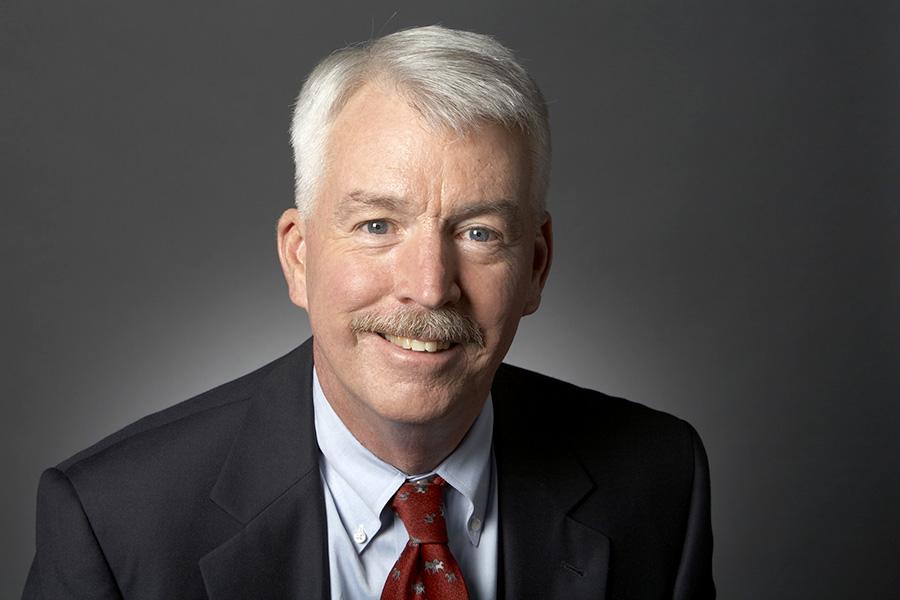
Authors by Country
Canada

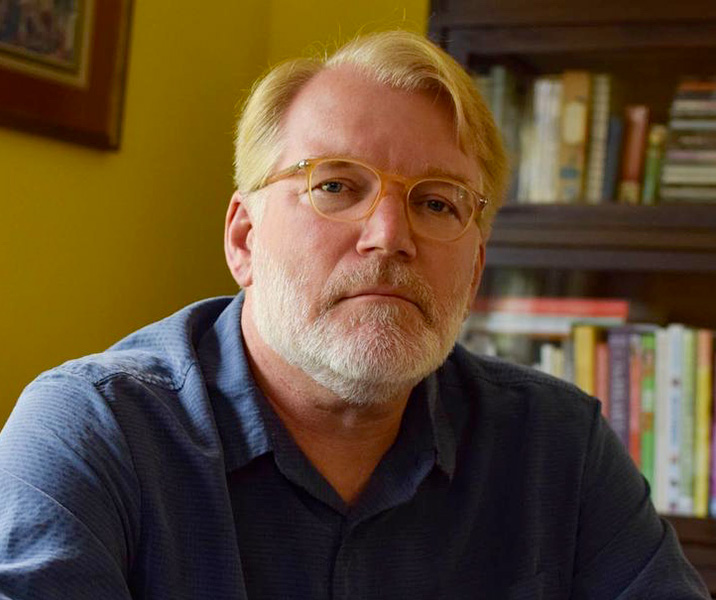
China

Germany
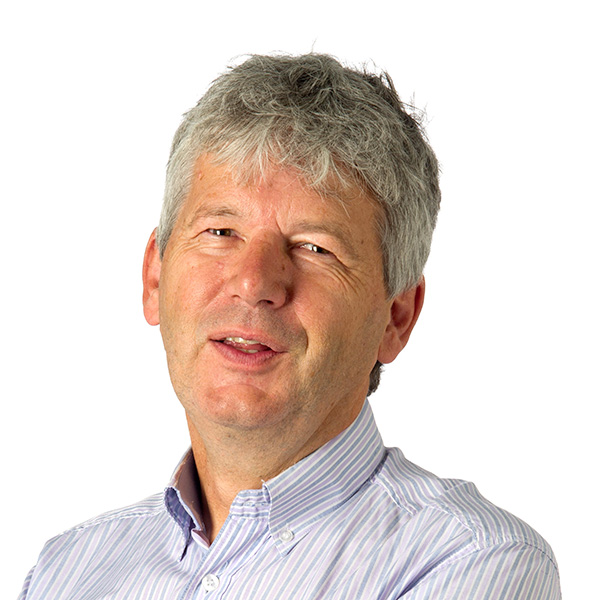
India
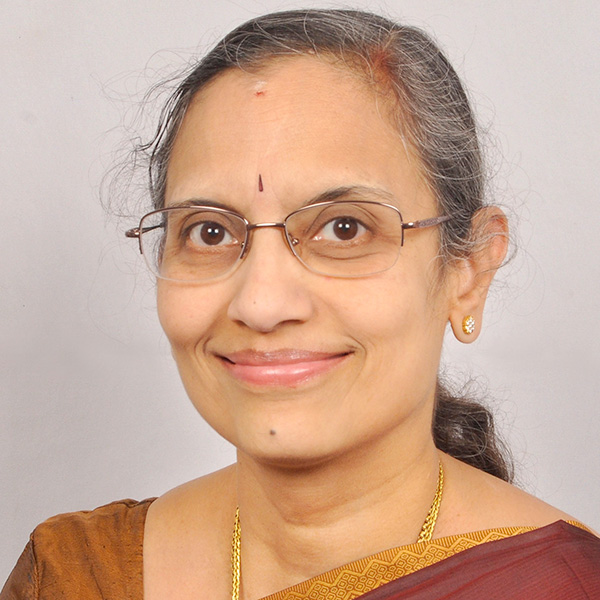
Mexico
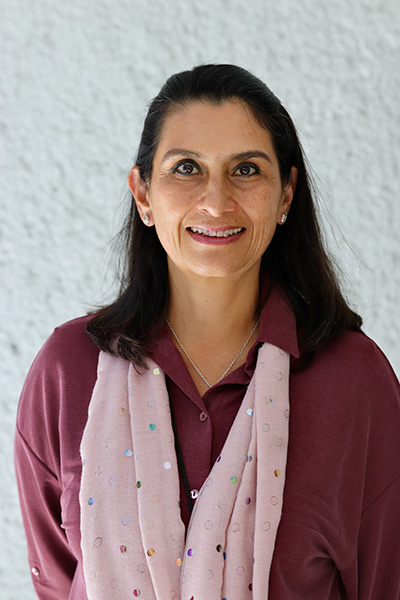
Nigeria
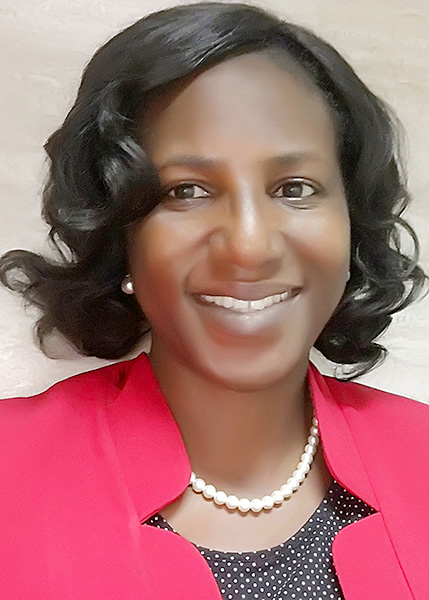
Philippines

Switzerland
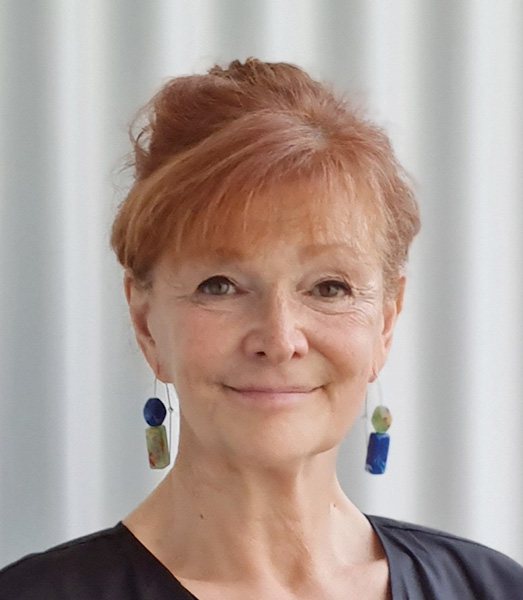
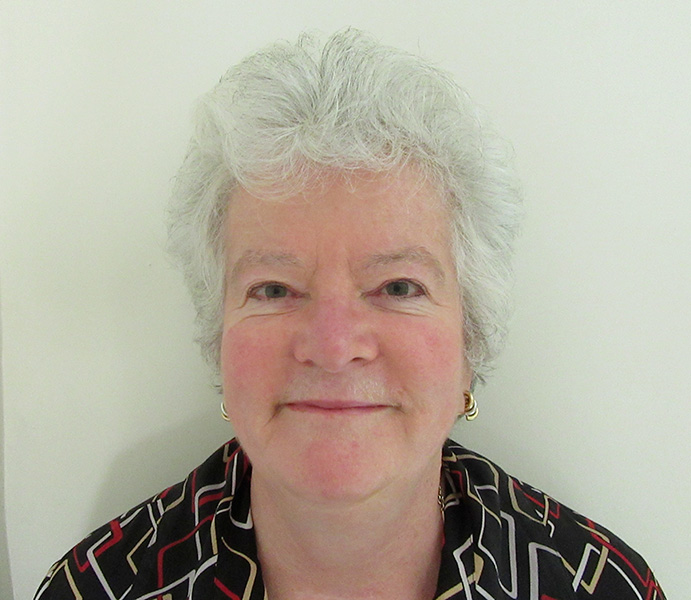

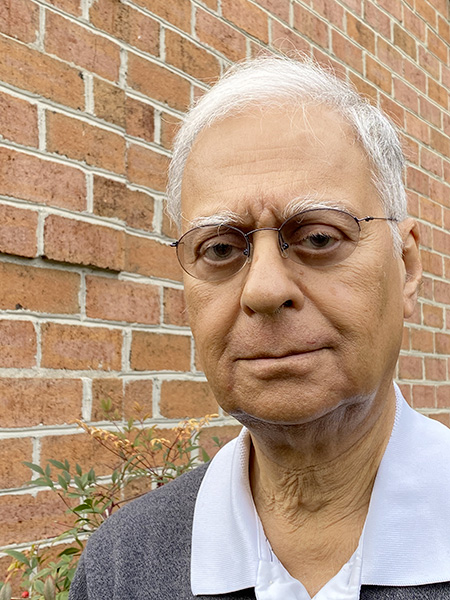
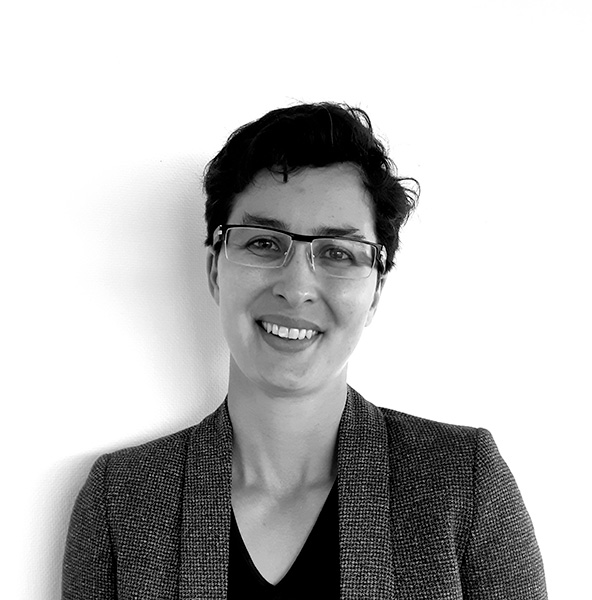
United Kingdom
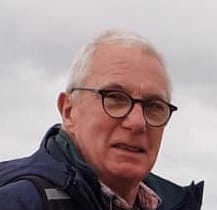
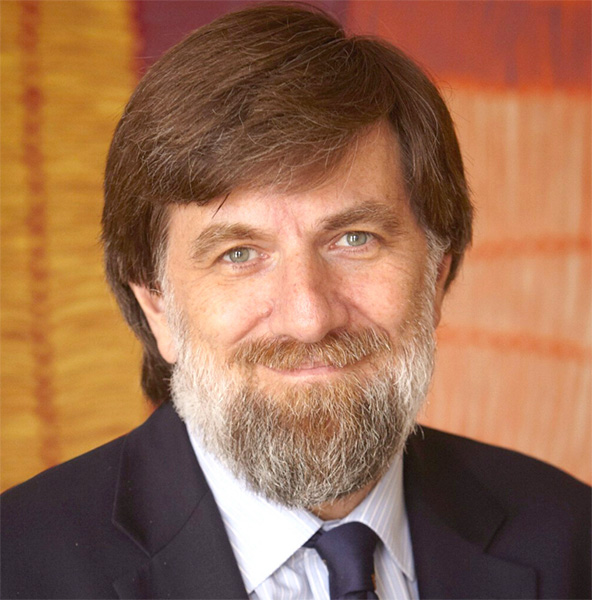
United States
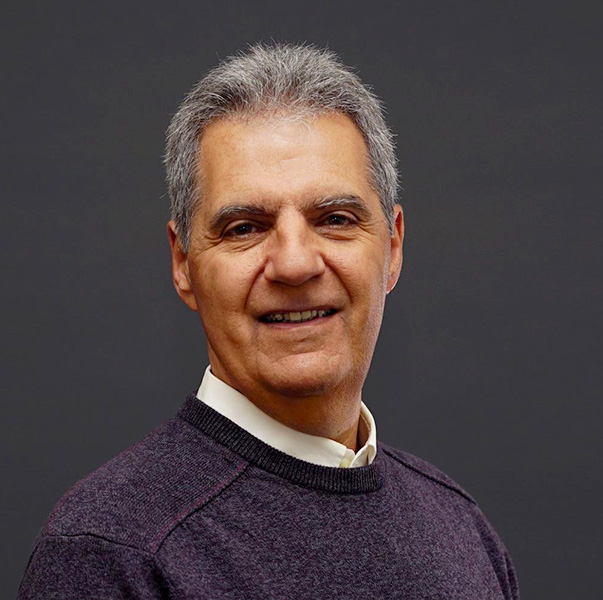

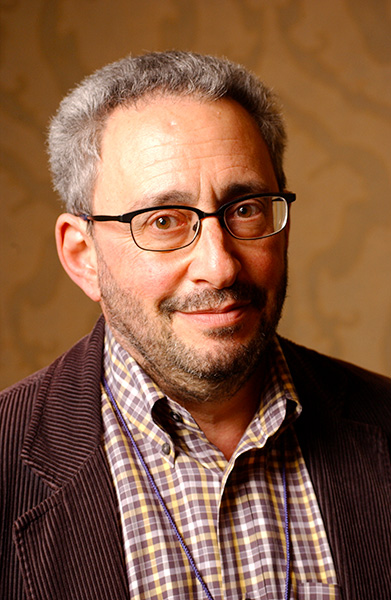

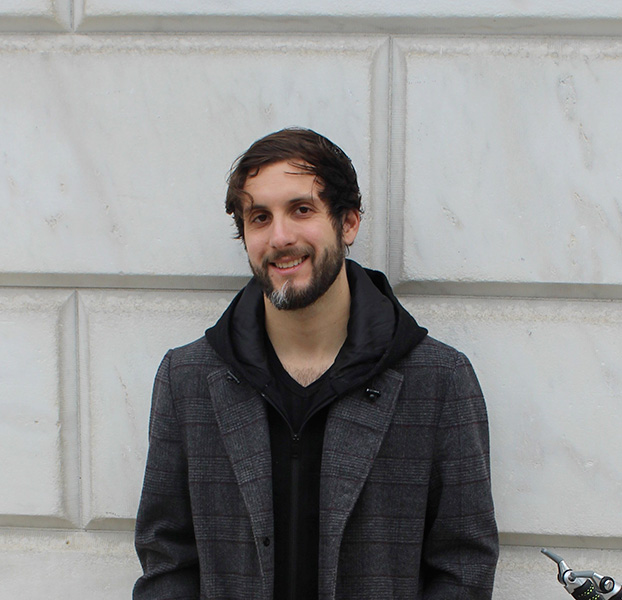
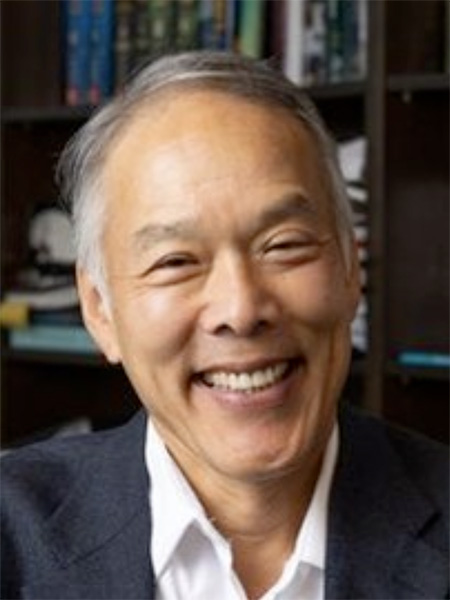

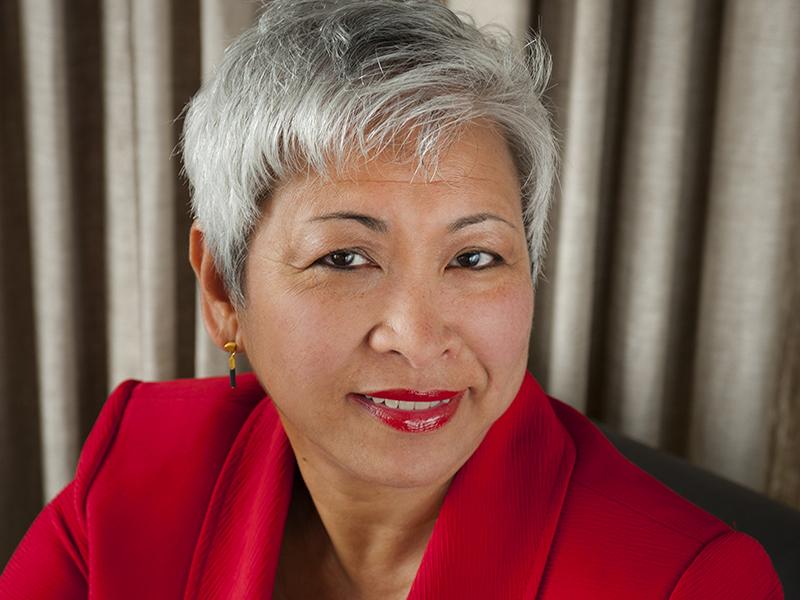
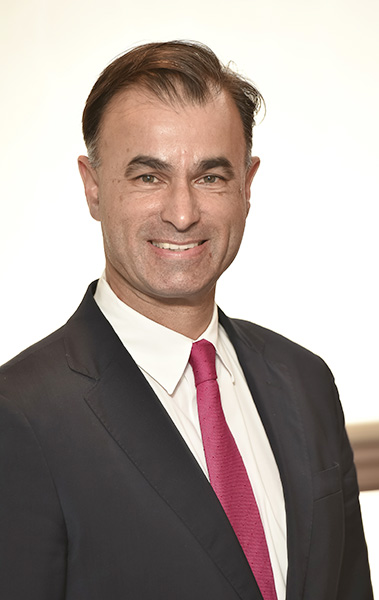
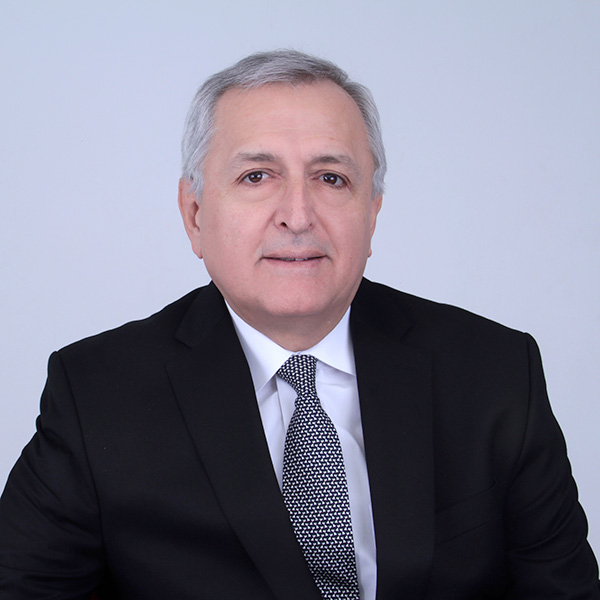
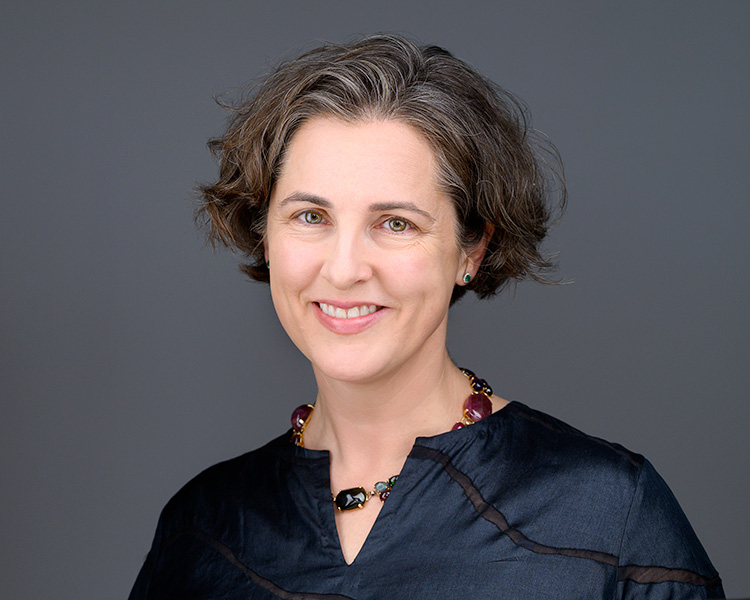
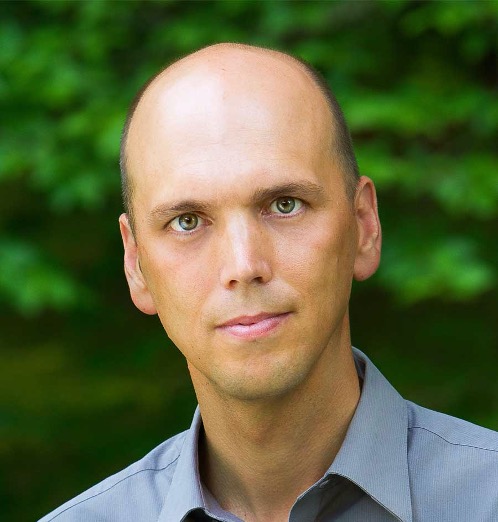

Philip J. Landrigan, MD (co-chair)
Professor of Biology at Schiller Institute for Integrated Science and Society at Boston College

Philip Landrigan, MD. MSc, is a pediatrician and epidemiologist. He directs the Global Observatory on Pollution and Health at Boston College. His research examines the impacts on children’s health of toxic environmental hazards. He has studied lead, pesticides, asbestos and air pollution. His research has shaped national and global policy and prevented disease and premature death in millions. Dr. Landrigan co-chaired The Lancet Commission on Pollution and Health, which reported that pollution causes 9 million deaths annually and that pollution prevention is feasible and highly cost-effective. Since 2019, he has led the Monaco Commission on Human Health and Ocean Pollution. Dr. Landrigan is a graduate of Boston College, Harvard Medical School and the London School of Hygiene & Tropical Medicine. He is a member of the National Academy of Medicine.
“Pollution is still the largest existential threat to human and planetary health and jeopardizes the sustainability of modern societies. Preventing pollution can also slow climate change – achieving a double benefit for planetary health – and our report calls for a massive, rapid transition away from all fossil fuels to clean, renewable energy.”
Why was an update to the Commission necessary?
Because 4 years had passed since publication of our previous report in 2018 and an update was needed to see if we had made any progress against the global problem of pollution and pollution-related disease.
What is the main change you would like to highlight?
We found that there has been little progress against pollution since 2018. Pollution still kills more than 9 million people each year. Three key issues needing especially urgent attention are air pollution, lead poisoning and chemical pollution.
What’s next?
The triad of pollution, climate change and biodiversity loss are the key global environmental issues of our time. They are intricately linked and solutions to each will benefit the others. We cannot continue to ignore pollution. We are going backwards.